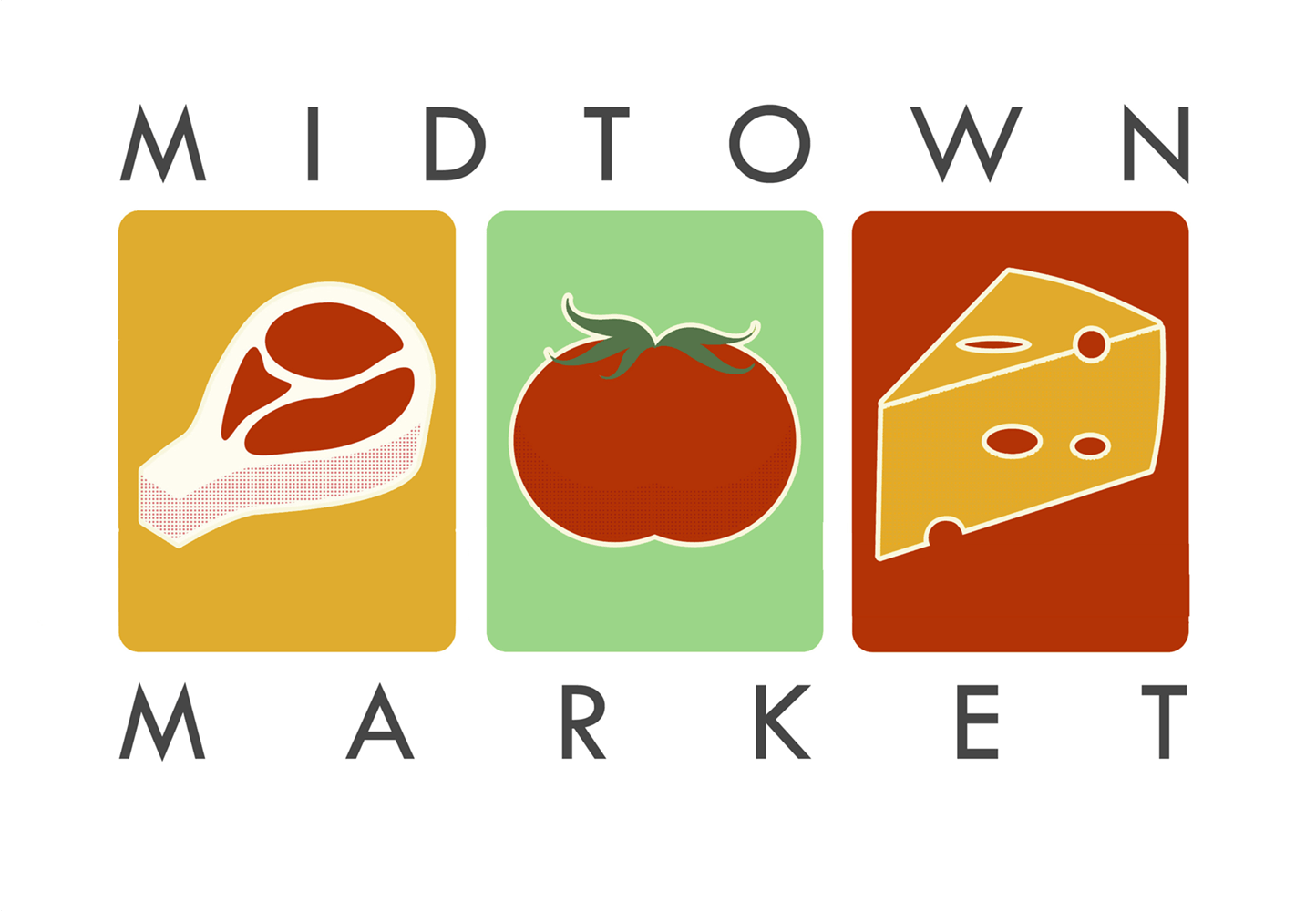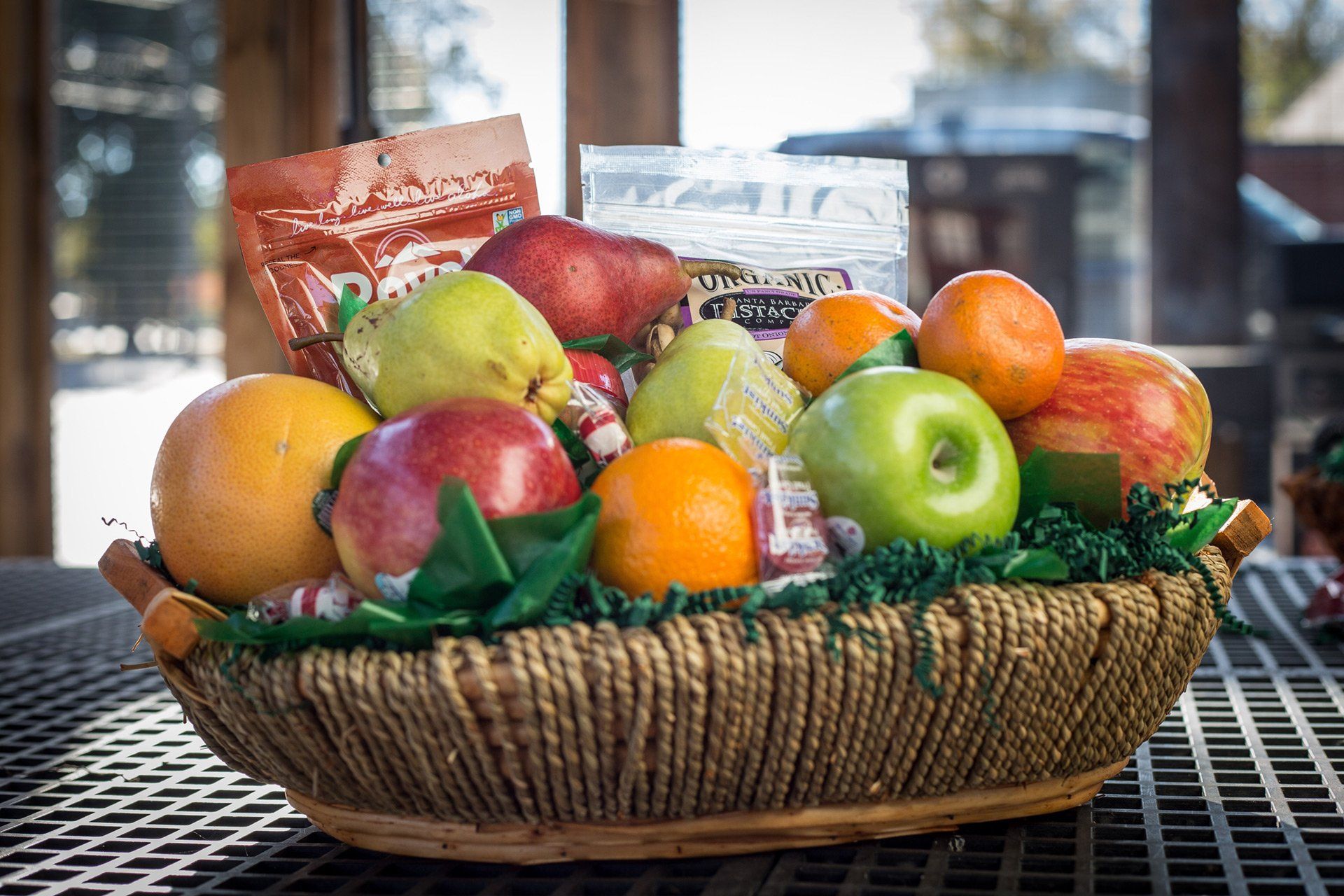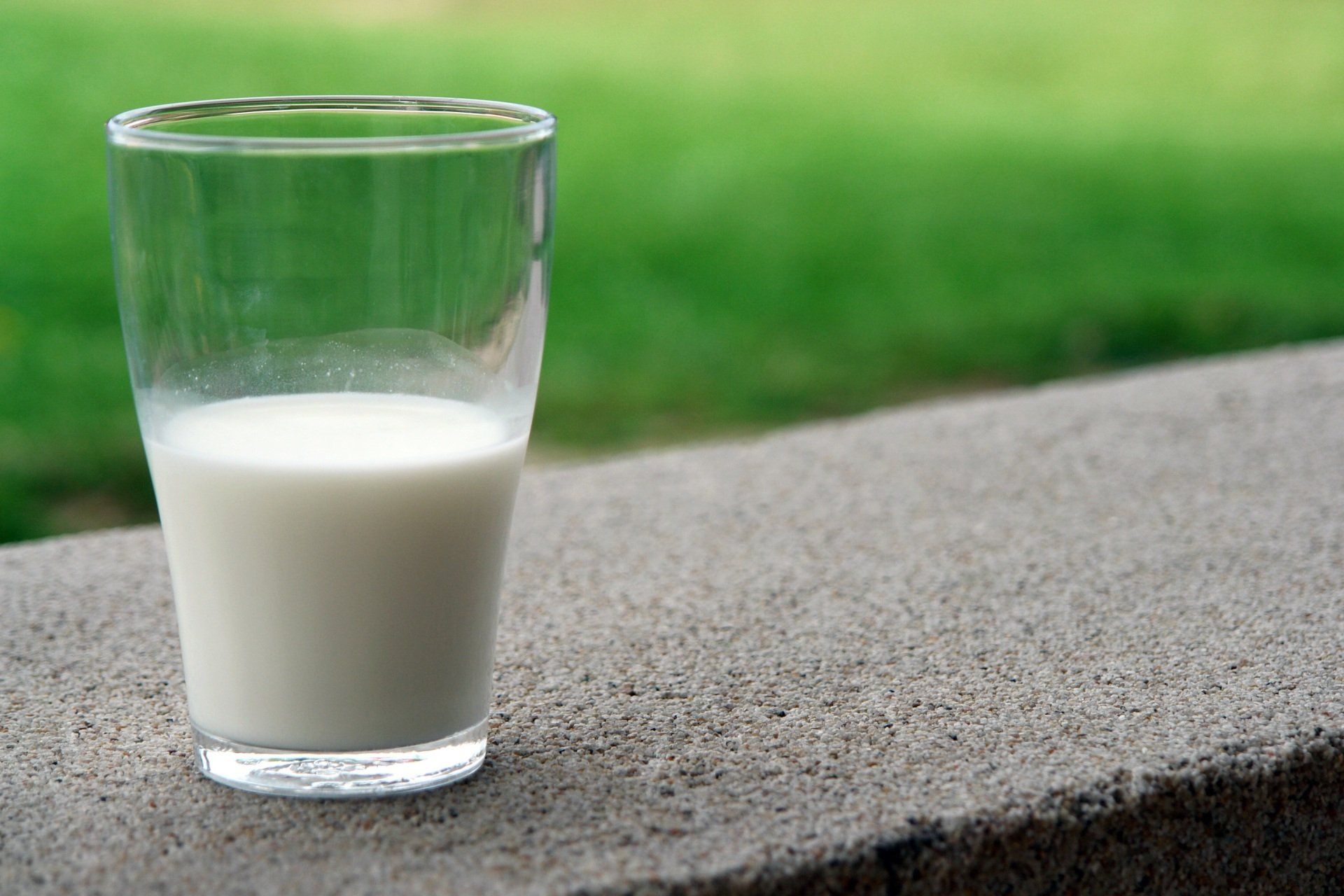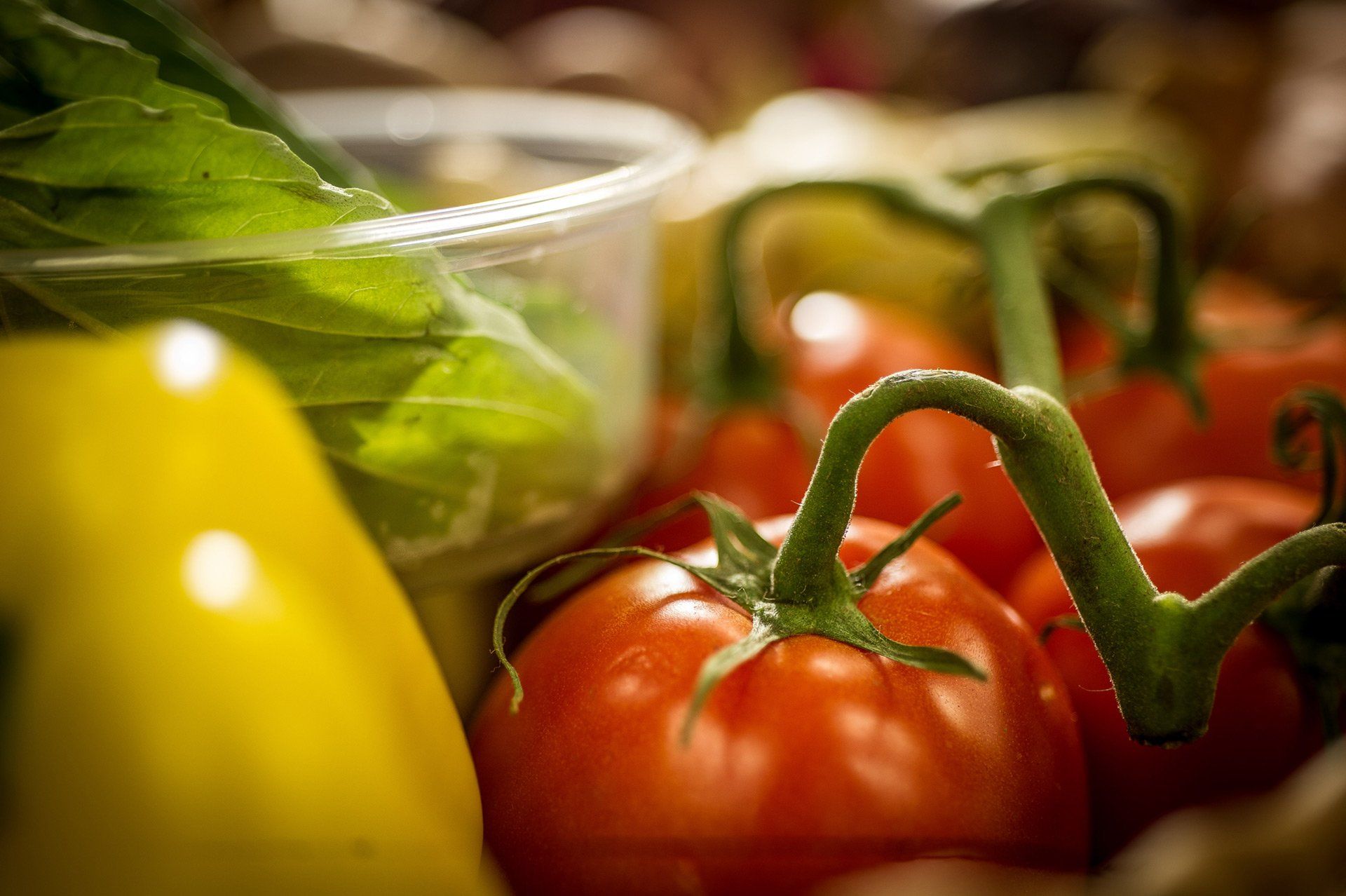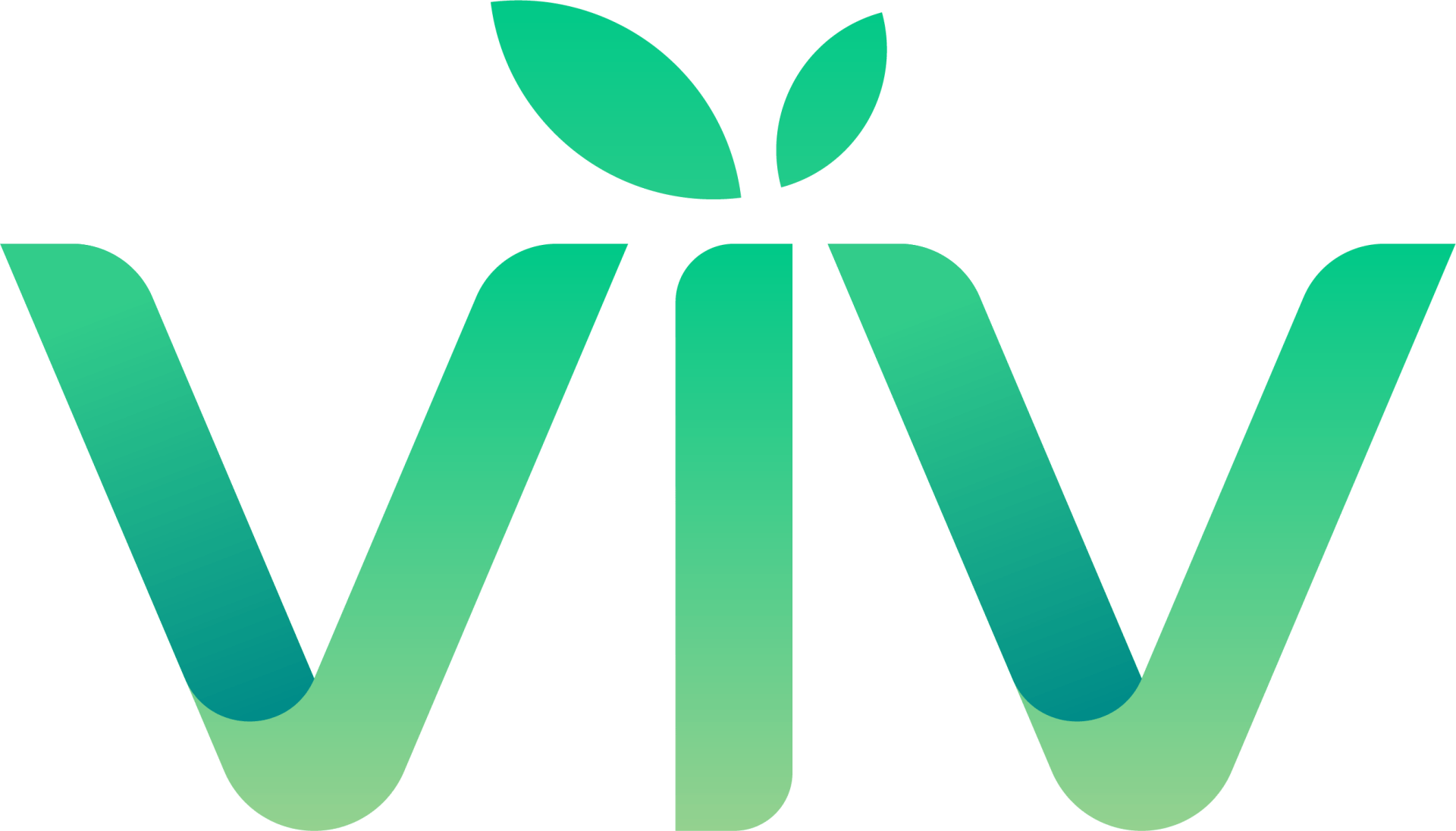Tips for Healthy After School Snacks
Beth Mueth works with young people ages 18 to 25 who struggle with their weight every day.
“These girls have been on diets all their lives, some of them from the time they were eight years old,” Beth says. “It’s hard to get them out of that diet mindset.”
Beth is a dietician and the bariatric coordinator at Baptist Health Paducah. It’s her job to help patients take back the reigns on their health. The trouble with diets, she says, is that diets don’t adequately teach young people how to develop a healthy lifestyle that balances portion control, smart eating habits and daily activity. She doesn’t recommend diets for children.
“The calorie intake for kids varies based on physical activity,” she says. “I’ve seen adults who have been on restricted diets as long as they can remember and it’s not the answer. We have to teach kids to balance a healthy diet with activity and exercise.”
As many parents have discovered, getting your child to be more active and to eat better foods is not always easy. Video games can be pretty alluring to kids these days and those calorie-laden bags of cookies and chips are pleasing to the palate. Beth says it’s unrealistic to cut sugar from a kid’s diet altogether.
“You definitely have to keep sugar under control,” Beth says. “Look for packaged fruit cups that are packed in water or fruit juice rather than syrup. Replace ice cream with yogurt. Stay away from sugar coated cereals. Try pretzels instead of chips.”
Dr. Patrick Withrow, a former chief medical officer at Baptist Health Paducah , now director of outreach also offers a few suggestions that parents may find useful in choosing healthy after school snacks for their children. He says that consuming 500 calories a day more than one’s body needs can lead to weight gain, even when coupled with exercise. He recommends serving a moderate portion of nuts or unbuttered popcorn rather than crackers, chips and sweets.
Parents also tend to overlook the amount of calories their kids consume through drinks, such as sodas. Beth recommends replacing sodas and sugar-filled drinks with an 8-ounce glass of two percent milk, water or flavored water that does not contain sugar.
“Fruit juices usually have a lot of calories even in a four ounce drink,” Beth says. “People drink more calories than they realize.”
A variety of healthy snacks for kids are available at Midtown Market. Try a blend of protein-rich nuts or dried fruit from our bulk food bins, or grab a bag of low-calorie popcorn, raw fruits and veggies, string cheese, cheese cubes or one of our low-calorie packaged snacks.
“The main thing is to pay attention to portion size,” Beth says. “Check the package. What you think is a little one serving pack may actually be three servings. If you eat that entire bag you’ll triple your calories.”
For more helpful tips on childhood nutrition and available programs through Baptist Health Paducah, visit their blog.


